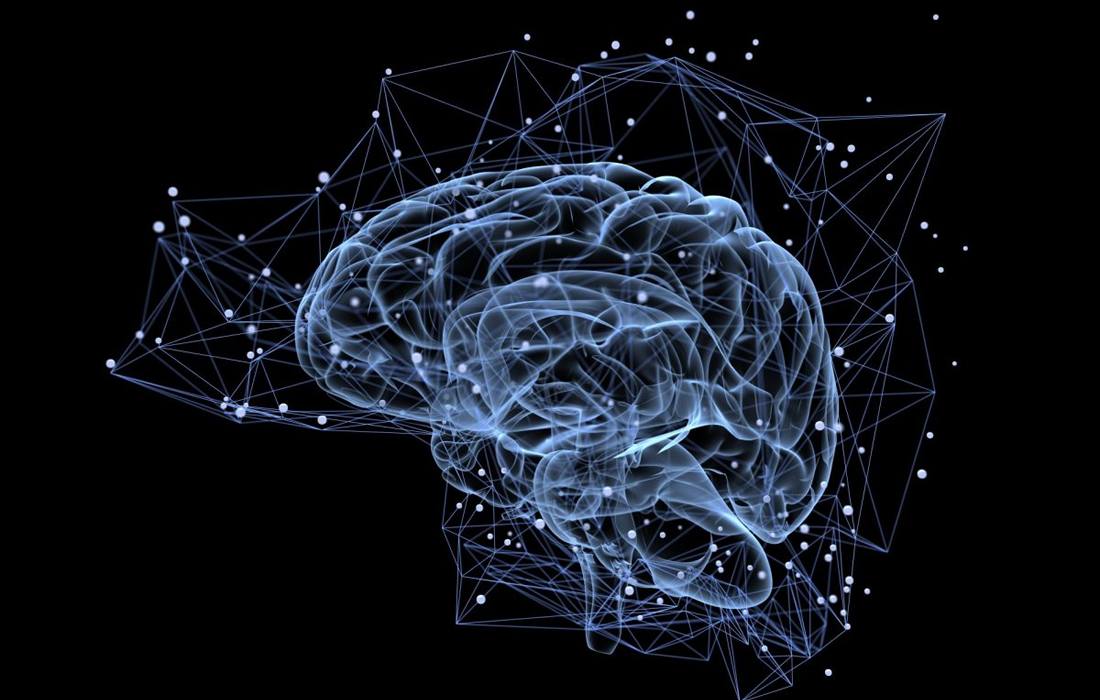Anti-Aging
Reactivating Aging Stem Cells in the Brain
Neural stem cells are largely undifferentiated cells originating in the central nervous system. Neural stem cells (NSCs) have the potential to give rise to offspring cells that grow and differentiate into neurons and glial cells (non-neuronal cells that insulate neurons and enhance the speed at which neurons send signals).
For years it was thought that the brain was a closed, fixed system. Even the renowned Spanish neuroanatomist Santiago Ramón y Cajal, who won the Nobel Prize for Physiology in 1906 for establishing the neuron as the fundamental cell of the brain, was unaware of the mechanisms of neurogenesis (the formation of nerve tissue).
The stem cells in our brain generate new neurons throughout life, for example in the hippocampus. This region of the brain plays a key role for a range of memory processes. With increasing age, and in patients suffering from Alzheimer’s disease, the hippocampus’ ability to create new neurons declines steadily and with it, its memory functions.
A study conducted by the research group of Sebastian Jessberger, a professor at the Brain Research Institute in the University of Zurich, shows the formation of new neurons is impaired with advancing age. Proteins in the nuclei of neural stem cells make sure that harmful proteins that accumulate are unevenly distributed onto the 2 daughter cells during cell division. With aging the amounts of these proteins change, resulting in harmful distribution of harmful proteins between the 2 daughter cells which decreases the number of newly generated neurons.
It was shown on a mice model that a protein called Lamin B1 is downregulated with age in mouse hippocampal neural stem cells and that protein levels of SUN1 increase. When researchers increased lamin B1 levels stem cell division improved and the number of new neurons grew. They were able to identify this process with cutting edge microscope technology.
This research is part of several ongoing projects aiming to reactivate aging stem cells. Sebastian Jessberg said that while their study was limited to brain stem cells, similar mechanisms are likely to play a key role when it comes to the aging process of other stem cells. These findings could help in the development of new approaches for patients suffering from neurodegenerative disorders such as Alzheimer’s disease and Parkinson’s disease.
Source:
University of Zurich. “Reactivating aging stem cells in the brain.” ScienceDaily. ScienceDaily, 24 February 2021.
www.sciencedaily.com/releases/2021/02/210224113059.htm
https://www.britannica.com/science/neural-stem-cell

